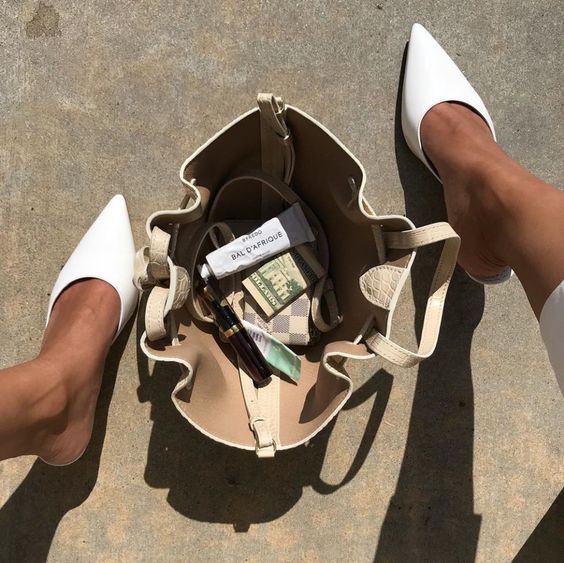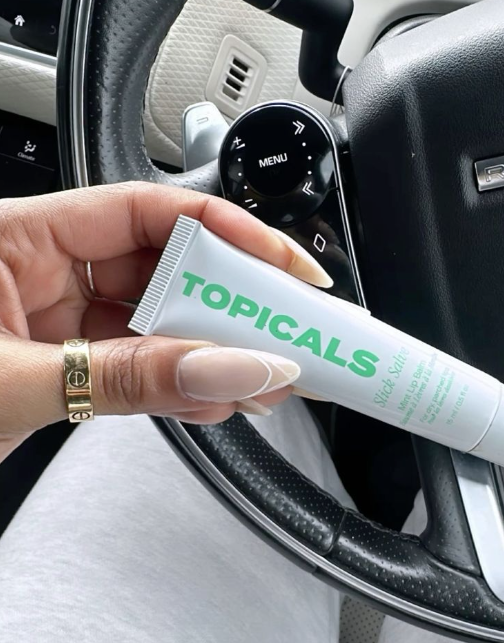There's a lot going on in the financial world right now. The events of recent years have led to skyrocketing prices of our food, gas, and rent. Every time I go to the supermarket, the cost of food keeps rising. In an effort to help curb inflation, the FED has opted to begin raising interest rates. Over the next year or more, we could see rates tick up every few months.
All of our daily expenses have already increased significantly, but now it'll cost you even more to borrow money than it did in the past. The Federal Reserve is trying to slow down spending as a way to curb our out-of-control inflation. One day, we'll hopefully see prices scale back (or stabilize) a little. But, in the meantime, we have to adapt by finding ways to prosper even in uncertainty.
We learn in school that inflation typically robs the dollar of value...and it's true. Even the dollar tree raised its prices to $1.25. The money you have in your possession is declining and might be worth even less in a few weeks or months. So what should we do? The immediate answer is to save more so you have more of it. I'm pretty certain that it feels darn near impossible to save money right now because your monthly spending has gone up dramatically. But I urge you to try a process that I like to call "a short-term extreme budget restriction."
Prior to quitting my job, many years ago, I set a goal to have a certain number of months of expenses in cash reserves. My business was not making anywhere near enough to support my lifestyle so I had to build a safety net. When I multiplied my normal monthly expenses by 12 months, I was shocked. There was no way, I could save that amount of money without reducing my monthly expenses drastically. So, I opened up an excel spreadsheet and broke down my budget. But this version of my budget was super lean consisting only of the absolute bare minimum. Rent, utilities, cell phone, gas, food, and insurance. All other forms of spending were optional. Once I removed everything else, my new monthly spending number freed a lot more of my paycheck every month.
Immediately, I set up an automatic savings amount that was much higher than I ever imagined I could save. It was something like 50% of my paycheck. I tried my absolute hardest to spend within this new extreme version of my budget....and it was unsustainable. But, after a few months, I increased my savings by thousands of dollars. Then I'd give myself a month or two to spend my paycheck as normal before going back to the skinny version of my spending. I repeated this cycle multiple times over a couple years and was amazed by how much my bank account grew. Now is a good time to grow your savings reserves because online banks are starting to raise their interest payouts again. Back in the day, when interest rates were through the roof, I would earn a decent amount of free money just for having a healthy savings account balance.
Growing a stack of cash will be something you'll thank yourself for in the event that the housing market corrects itself and prices start to decline. Or maybe we'll see the cost of cars pull back after production stabilizes. As the economy slows down, there might be some wealth-building opportunities that you can take advantage of but only if you have access to cash as credit becomes more expensive and less accessible.
Saving for my escape from 9-5 was the only time I lived on a skinny budget. I haven't done it again because it wasn't fun...but it was absolutely necessary because I had a goal to reach. I've heard of entrepreneurs who got rid of all their stuff and moved back home or lived in a house with 4 other people to reduce expenses down as low as possible to stockpile their profits and reinvest every dollar earned into the growth of their business.
If you think of your paycheck as the money an entrepreneur receives from their business, your basic necessities (food, shelter, utilities) are like operating costs. You are spending your potential "profits" on eating out, streaming services, and other random purchases while you could be reinvesting into growing your reserves.
At the very least, this type of restricted budgeting helps you to create a safety net very quickly. As higher interest rates cause the economy to slow down, companies might start to limit hiring and lay people off. The absolute worst thing that could happen is someone losing their source of income, and not having any savings, at a time when the cost of living is out of control.
I'm motivated to do this extreme budgeting process again because, at a time, when the price of everything is going up, I'd like to see my bank account rise.
The key to the skinny budget is that there was room for error. Let's say, I gave myself a budget of $2500 for the month, and I spent a little more on my credit card, the money to cover my additional spending was sitting in a high yield savings account earning interest passively. Even if I went over my highly restrictive budget, it was still well below what I normally spent without a budget in place.
GUYS, A HIGH YIELD SAVINGS ACCOUNT IS SOMETHING EVERYONE SHOULD HAVE. THEY DON'T CHARGE ANY FEES FOR THE ACCOUNT AND THEY HAVE LOW MINIMUMS. YOU CAN LITERALLY OPEN AN ACCOUNT WITH $1.00.
When I first learned of the term, passive income, I didn't know how to generate it, but I knew I wanted it. The easiest and cheapest way to get into the world of creating passive income is via these high-interest savings accounts. Your money will make money for you while you sleep.
I'm going to try another short-term skinny budgeting cycle and see how much I can set aside over the next month. Once the month is over, I'll evaluate how things went and decide how to proceed for the following month. It's like a financial detox of sorts.
The key to making this process work is to have a goal attached that's important enough to keep you on track. In a year or two, there might be some wonderful financial opportunities available that we could experience if we're disciplined in the choices we make today.








Post a Comment